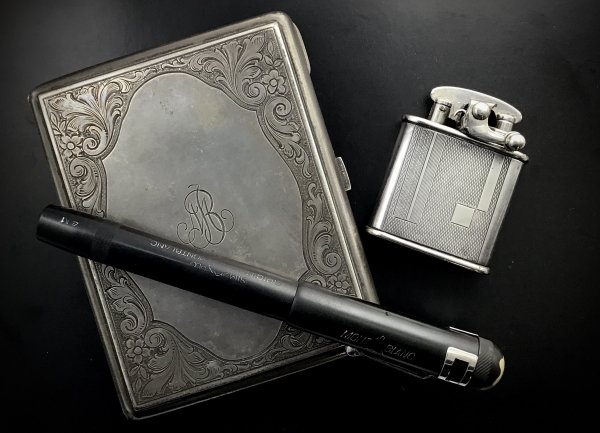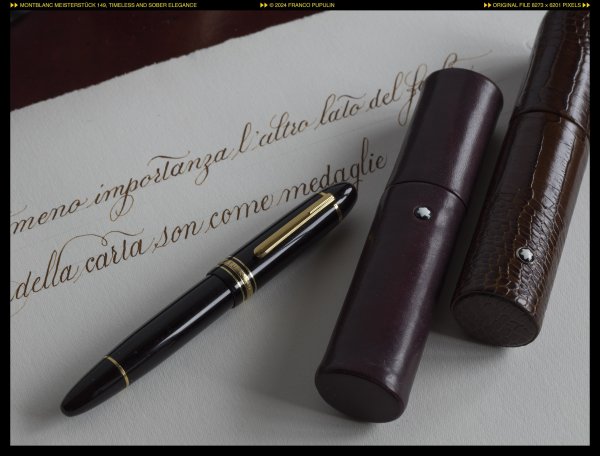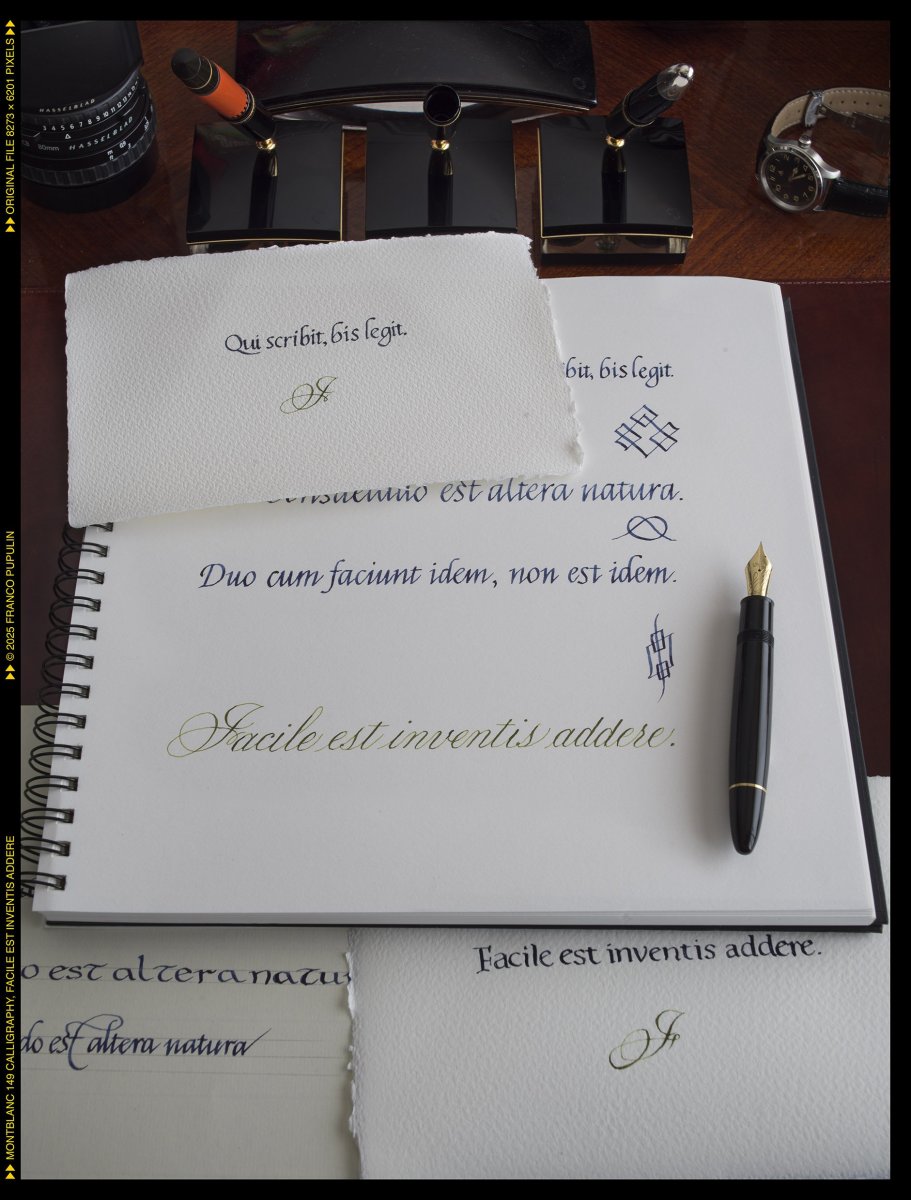Fountain Pen In Your Language
-
Forum Statistics
355.2k
Total Topics4.6m
Total Posts -
Member Statistics
128,245
Total Members18,857
Most OnlineNewest Member
cranefly
Joined -
Images
-
Albums
-
4posts
- By Tashi_Tsering,
- 0
- 0
- 72
-
customization Of Ranga
- By Harish N V,
- 0
- 0
- 3
-
USG 8
- By USG,
- 0
- 0
- 80
-
Icones Pupulinianae VI
- By fpupulin,
- 0
- 0
- 11
-
Image for posting by Number99-Ⅱ
- By Number99,
- 0
- 0
- 41
-

















.thumb.jpg.f07fa8de82f3c2bce9737ae64fbca314.jpg)



.thumb.jpg.331e554113c33fb39d5bf3233878978a.jpg)





Recommended Posts
Create an account or sign in to comment
You need to be a member in order to leave a comment
Create an account
Sign up for a new account in our community. It's easy!
Register a new accountSign in
Already have an account? Sign in here.
Sign In Now